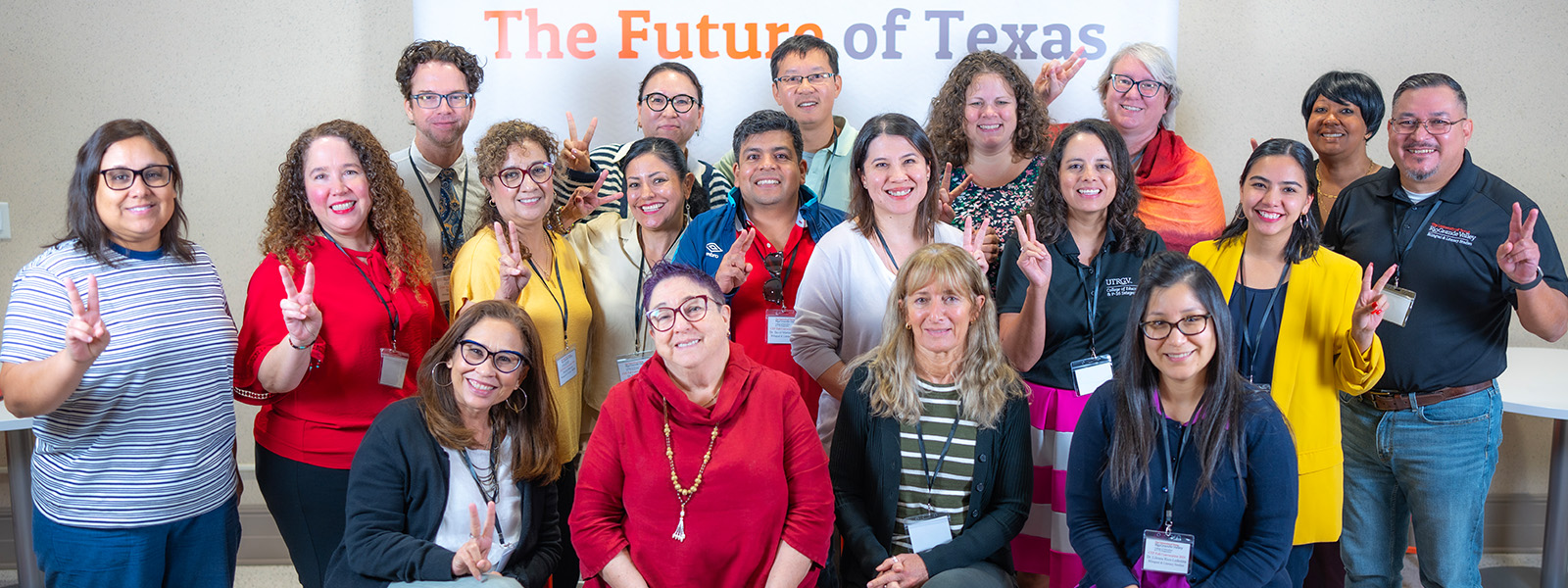
Bilingual and Literacy Studies Faculty Publications
Document Type
Article
Publication Date
2015
Abstract
Media and technological devices function as socializing agents during children’s leisure and entertainment time. Drawing from the theory of cultural consumption, a socio educational approach to students’ digital practices, and media literacy, this qualitative study seeks to explore and describe students’ cultural consumption profile. The authors explore the representations and meanings of digital practices of public school students of a predominately working class neighborhood situated in the periphery of Buenos Aires, Argentina. Findings highlight different aspects of youth cultural consumption profile. Two themes were identified: a) children use computers for a multiplicity of different activities enacting multitasking practices; and b) children develop new forms of digital practices for social digital interaction that are expressed in the “need” to be connected, the production and use of shared codes and the establishment of ambivalent relations with social media platforms. Implications for education are explored.
Recommended Citation
Pini, Mónica, Sandra I. Musanti, and Teresa Cerratto Pargman. "Digital cultural consumption and education." Designs for Learning 7.2 (2014): 58-79. doi.org/10.2478/dfl-2014-0063
Creative Commons License

This work is licensed under a Creative Commons Attribution 4.0 International License.
Publication Title
Designs for Learning
DOI
10.2478/dfl-2014-0063
Included in
Education Commons, Modern Languages Commons, Other Languages, Societies, and Cultures Commons

